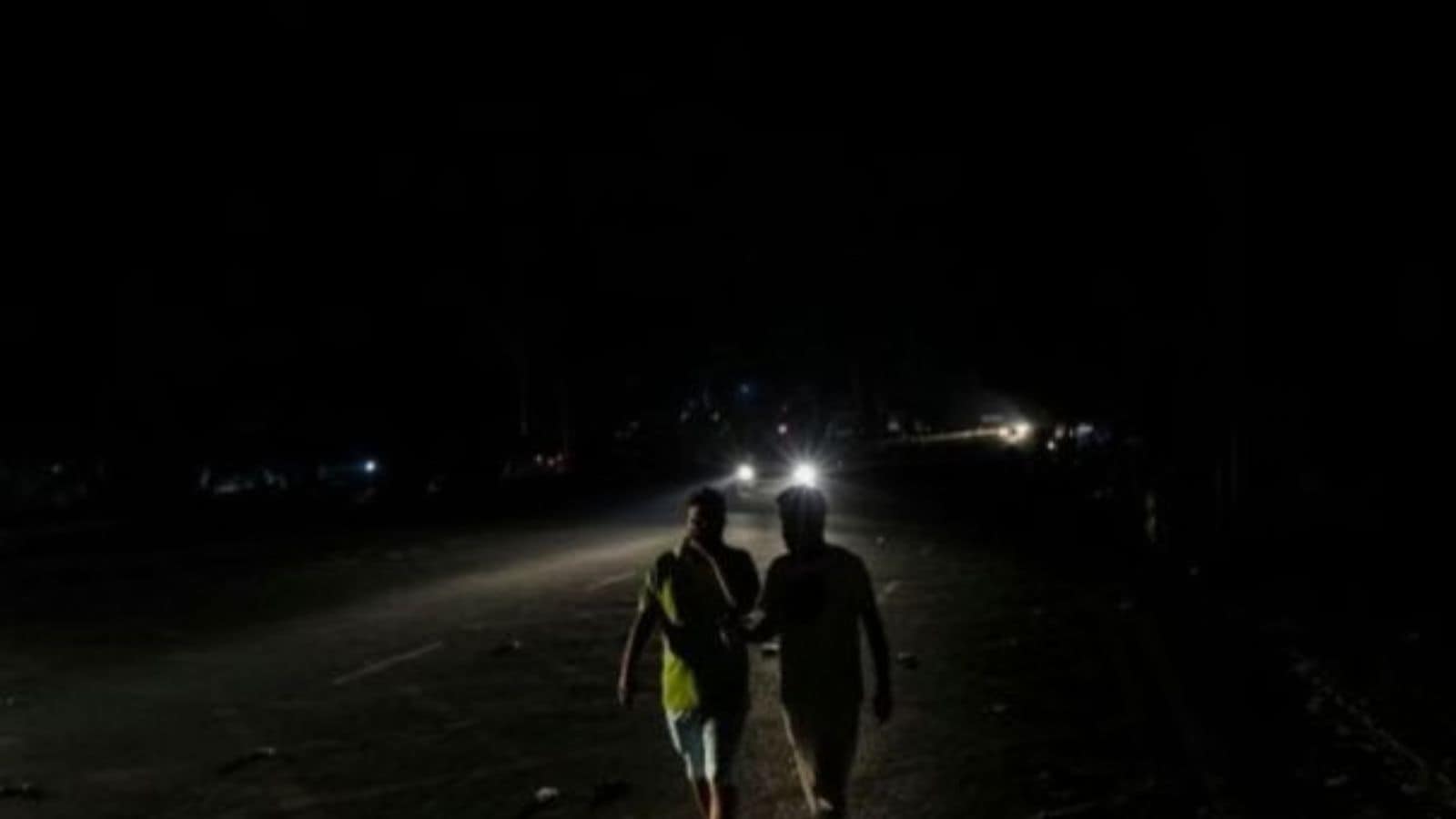 |
|
The impending civil defence exercise, aptly named 'Operation Shield,' scheduled to unfold across the state of Punjab, necessitates a thorough understanding of its purpose, scope, and potential implications for the citizenry. This exercise, a proactive measure designed to enhance the state's preparedness for potential emergencies, signifies a commitment to the safety and well-being of its residents. The mock drills and blackouts, integral components of Operation Shield, are not merely symbolic gestures but rather meticulously planned simulations intended to test the efficacy of existing emergency response protocols and identify areas requiring refinement. The exercise also serves as a valuable opportunity to educate the public on essential safety procedures and foster a sense of collective responsibility in the face of adversity. The Ministry of Home Affairs' mandate, stemming from the tragic Pahalgam terror attack, underscores the critical importance of maintaining a state of constant readiness and vigilance. This directive mandates states to regularly conduct such exercises to ensure that their emergency response systems are functioning optimally and that their citizens are adequately prepared to cope with unforeseen circumstances. Operation Shield, therefore, represents a concrete step towards fulfilling this mandate and bolstering Punjab's overall security posture. The administration's emphasis on public awareness and reassurance is crucial in mitigating potential anxieties and ensuring the smooth execution of the exercise. Clear and concise communication regarding the nature and purpose of the drills, as well as the expected duration of the blackouts, will help to alleviate any unwarranted fears and encourage public cooperation. By actively engaging with the community and addressing their concerns, the administration can foster a sense of trust and confidence in its ability to protect its citizens. The participation of various stakeholders, including government agencies, emergency services, and community organizations, is essential for the success of Operation Shield. A coordinated and collaborative approach will ensure that all aspects of the exercise are effectively managed and that valuable lessons are learned from the experience. The exercise should also serve as a catalyst for strengthening interagency communication and coordination, which is vital for an effective response to real-world emergencies.
The selection of specific districts for the implementation of varying blackout schedules, ranging from 8 pm to 10 pm, suggests a nuanced approach to the exercise, potentially taking into account factors such as population density, infrastructure vulnerability, and historical security concerns. This differentiated approach allows for a more tailored and effective assessment of the state's preparedness capabilities across different regions. The fact that the exercise is the 'second statewide civil defence exercise' indicates a commitment to continuous improvement and refinement of emergency response strategies based on lessons learned from previous iterations. This iterative process is essential for ensuring that the state's preparedness efforts remain relevant and effective in the face of evolving threats. The recommendation by Major Amit Sareen, additional deputy commissioner (urban development), for residents to stay in ground-floor safe rooms during the exercise highlights the importance of individual preparedness and the need for citizens to take proactive steps to protect themselves and their families. This advice underscores the critical role that individuals play in contributing to the overall safety and security of their communities. The success of Operation Shield will ultimately depend on the active participation and cooperation of the citizens of Punjab. By remaining calm, following the instructions of the authorities, and taking appropriate safety precautions, residents can contribute to the smooth execution of the exercise and help to strengthen the state's overall preparedness for potential emergencies. It is also crucial to remember that this is only a simulation, and the actual response to a real emergency would involve a more comprehensive and coordinated effort. The lessons learned from Operation Shield will be invaluable in informing future training exercises and in developing more effective emergency response strategies.
Beyond the immediate objectives of testing preparedness and raising awareness, Operation Shield also presents an opportunity to evaluate the resilience of critical infrastructure and identify potential vulnerabilities that could be exploited during a real emergency. This includes assessing the functionality of communication networks, power grids, and transportation systems under simulated stress conditions. The exercise can also serve as a platform for exploring innovative technologies and strategies that could enhance the state's emergency response capabilities. This could include the deployment of drones for surveillance and reconnaissance, the use of artificial intelligence for data analysis and decision-making, and the implementation of advanced communication systems for improved coordination and information sharing. Furthermore, Operation Shield provides an opportunity to assess the psychological impact of emergency situations on the population and to develop strategies for providing psychological support and counseling to those affected. This is particularly important in the aftermath of traumatic events, where mental health can be significantly impacted. The exercise should also include a debriefing session involving all stakeholders to review the findings, identify areas for improvement, and develop recommendations for future action. This debriefing session should be conducted in a transparent and collaborative manner to ensure that all perspectives are considered and that the lessons learned are effectively disseminated. In conclusion, Operation Shield represents a significant undertaking that underscores the importance of proactive preparedness and the commitment of the Punjab government to the safety and well-being of its citizens. By conducting regular exercises, investing in emergency response infrastructure, and engaging with the community, Punjab can enhance its resilience to a wide range of potential threats and ensure that it is adequately prepared to protect its citizens in the face of adversity. The success of Operation Shield will not only strengthen the state's security posture but will also foster a sense of collective responsibility and community spirit.
Source: Mock drills, blackouts to be held in Punjab today; here are the timings
